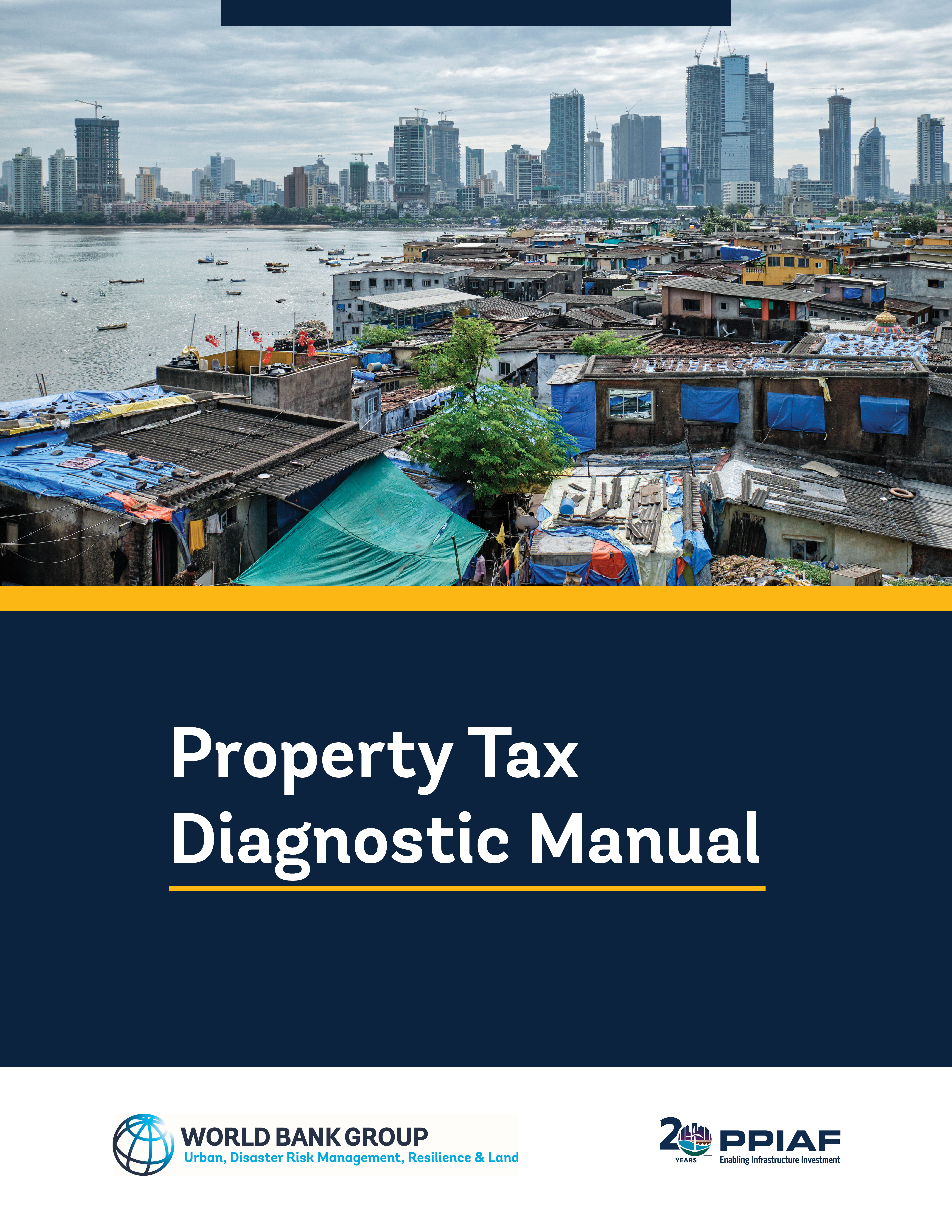Today, . As cities’ populations swell, so will their needs to deliver infrastructure and services.
At the current levels of development aid, the funding gap will only widen, increasing the pressure on municipal own-source revenues.
In addition to paying for infrastructure and services, the strength of municipal revenues influences cities’ ability to access municipal debt markets and boost financial resilience amid economic shocks like COVID-19. Own-source revenue thus lies at the heart of sustainable urban development and achieving SDG 11 on Sustainable Cities and Communities.
Property taxation is—and where it is not, it perhaps should be—the linchpin of municipal own-source revenue. The revenue mobilization potential of property taxes is important because it is driven by urbanization itself. Urbanization is a wealth-creating process that leads to an increase in land and property values, which if appropriately captured through property taxation, can provide funding for ongoing urbanization needs.
Property tax is also relatively non-distortive and, because it typically falls more on those with the ability to pay, it tends to be a fairly equitable way of generating local revenues.
Despite its many benefits, property taxation remains an under-tapped resource. For example, . There is a clear need to move the needle on property taxation to better harness the benefits of urbanization and support inclusive development. This need to improve property tax performance will only heighten given the ongoing COVID crisis and the drop in local revenues that cities are already grappling with.
With this goal of understanding and enhancing property tax revenue performance, the Property Tax Diagnostic Manual has been developed for practitioners, who are not necessarily themselves technical experts but are looking for an approach framework and technical guidance to help them assess property tax systems and implement property tax reforms.
Produced by the World Bank with leading international property tax experts, the Manual provides a comprehensive overview of the different components of property taxation and presents a step-by-step guide to diagnose and analyze property tax systems and to develop a strategic plan to improve property tax performance under varying circumstances.
Read the full manual here: https://openknowledge.worldbank.org/handle/10986/34793
